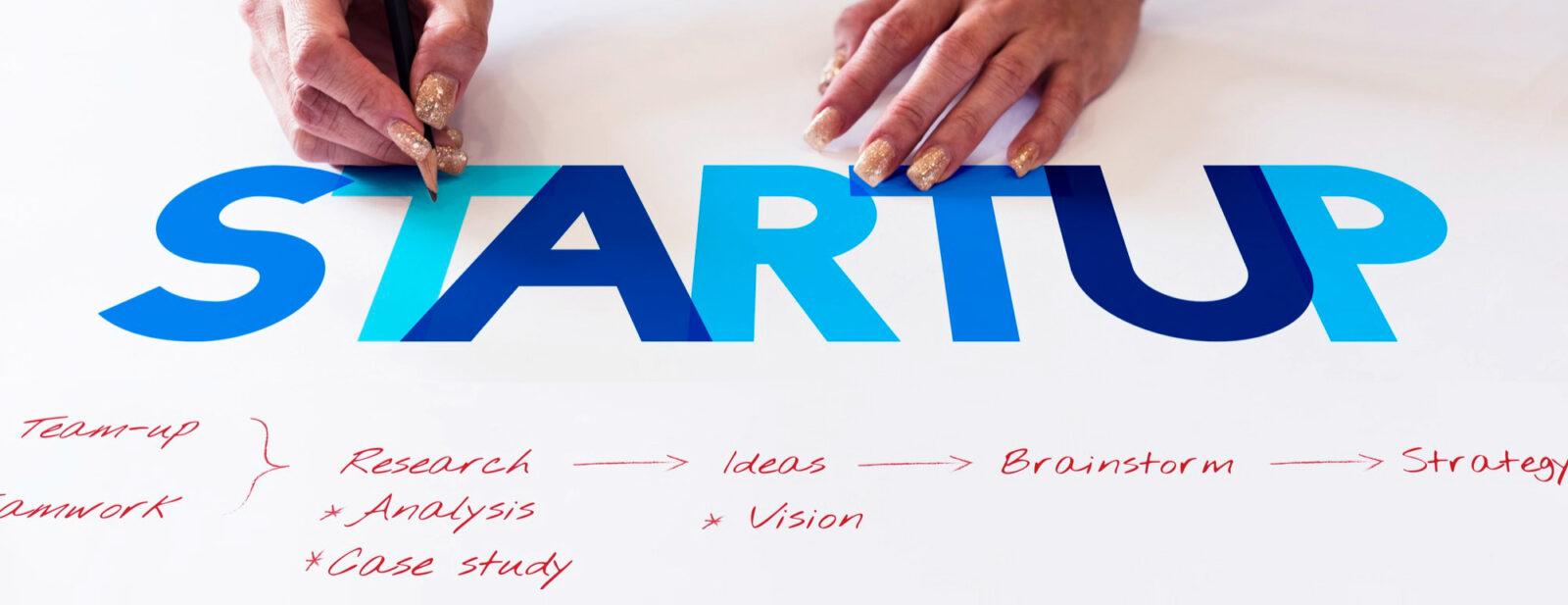
Software Startup – 6 Tips to Ensure Success
When moving into the world of the software startup, it is crucial to move methodically and strategically. Here’s a distilled roadmap for transforming your bright idea into a viable software product.
1. Market Research: Your Starting Point
Before you commit a single line of code to your project, pause and engage in rigorous market research. You need to scrutinise the competitive landscape to ensure your product isn’t entering a space already dominated by well-established players with deep pockets. Identifying your end users and understanding their needs and the size of the market is paramount. This foundational step can save you from future pivots and setbacks by confirming the demand for your proposed solution. There are many software services available to help you with this step in this helpful guide from HubSpot (hubspot.com/market-research-tools) .
2. Crafting a Business Plan: Your Blueprint for Software Startup Success
A business plan is not just a document; it’s a strategic guide for your software startup journey. Surprisingly, many budding entrepreneurs neglect this step, leaving their ideas fragmented between mental notes and random scribbles. A thorough business plan articulates your mission, outlines objectives, plans the budget, and anticipates future challenges. Wrike (wrike.com/blog/business-plan-template) is a great software service to help streamline this process, providing a structured approach to turning your vision into a concrete plan.
3. Developing Your MVP: Start Small, Think Big
Once your market research validates your idea and your business plan is in place, resist the urge to build a feature-rich product right out of the gate. The goal is to craft a Minimum Viable Product (MVP) – the simplest form of your product that still delivers value to your users. Utilise tools like Figma (figma.com/prototyping/) for interactive UI designs or go a step further to develop a functional MVP. This early version is not the endgame but a testbed for user feedback, which can be radically different from what you initially envisioned. Real user interaction will inform and refine your product development much more effectively than speculation.
4. Choosing the Right Developer: The Make-or-Break Decision
The decision to hire a developer must be aligned with your long-term vision. If your MVP is merely a conceptual stepping stone, perhaps a low-cost developer from platforms like Upwork (upwork.com/search/sofware-developer) or Fiverr (https://www.fiverr.com/search/software-developer) could suffice. However, if you intend to evolve the MVP into a full-fledged product, prioritise finding a developer with a proven track record in scalable solutions. Better than a single developer, if your budget has room for it, would be hiring a software development company. A good software development company can help guide you through the software development process and they can be a stable partner that can continue to support your project as it grows, removing any concerns with availability of a single developer and giving access to a team of developers with a much broader set of experience. In either case, starting with a technical specification and progressing in small increments to ensure the output aligns with your expectations is key.
5. Marketing: The Fuel for Your Launch
Another critical, yet often underestimated, aspect is marketing. Your business plan should incorporate a robust marketing strategy and budget that align with your product’s nature. Collaborate with marketing partners who understand the intricacies of launching a software product. They can provide a realistic cost assessment and strategy to penetrate the market effectively. Google is a great place to start to find a good software launch marketing partner https://www.google.com/search?q=software+launch+marketing+companies
6. Software Startup Funding: Gauging Market Appetite
Lastly, explore funding options. Presenting your idea to potential investors or grant committees can offer invaluable feedback. These are individuals who can sense market trends and are adept at spotting promising opportunities. Their interest, or lack thereof, can serve as a crucial barometer for your product’s potential success.
The journey from an idea to a thriving software startup is nuanced and multifaceted. It requires patience, strategic planning, and an unwavering commitment to understanding your market and users. By taking measured steps and valuing the iterative nature of product development, you are setting the stage not just for a launch, but for sustainable growth in the competitive arena of tech startups.